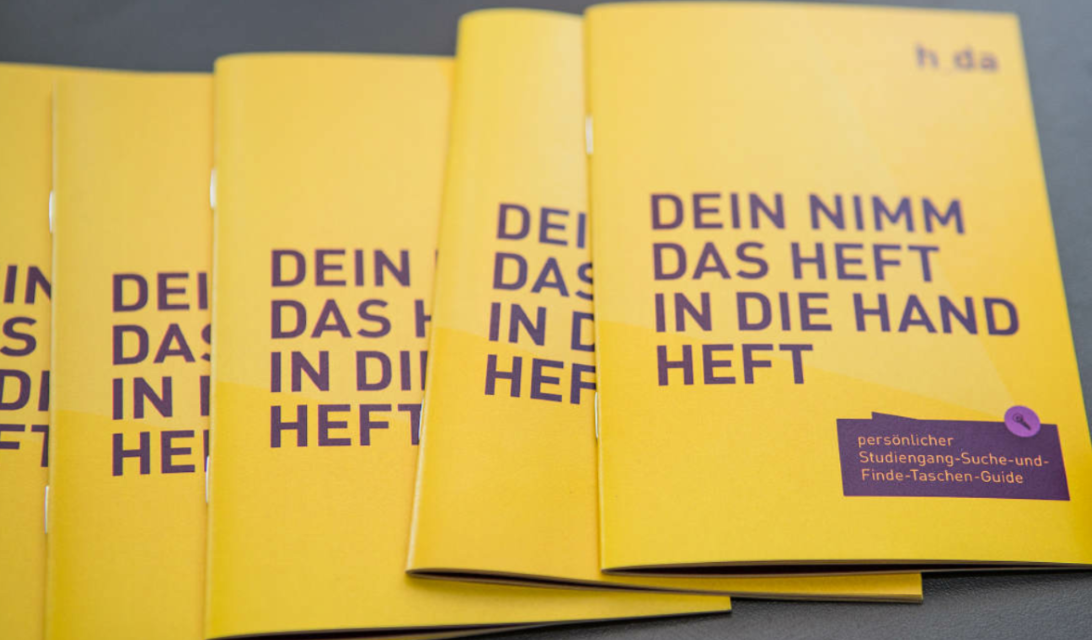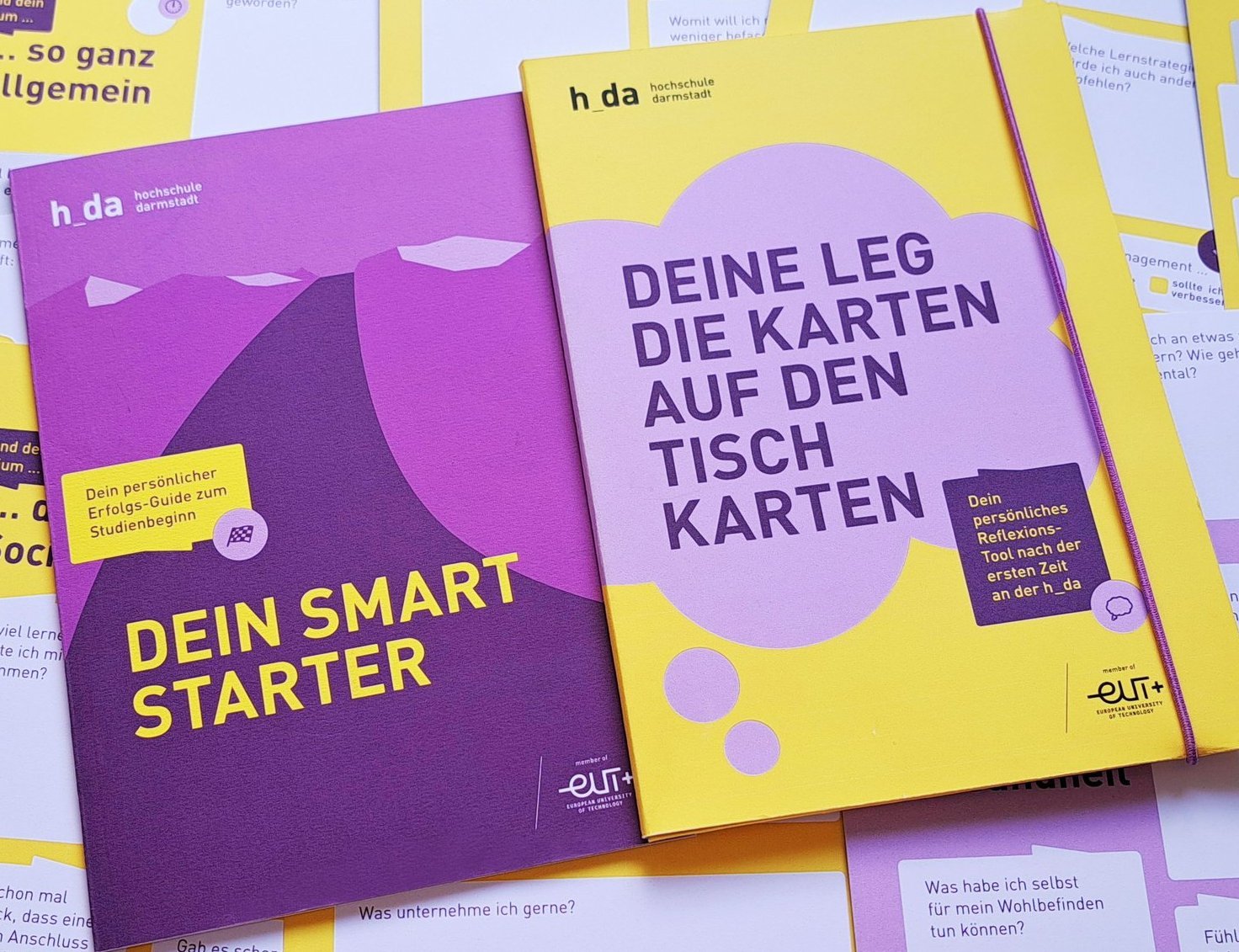In the future, Darmstadt University of Applied Sciences (h_da) will conduct significantly more research with its partner universities in other European countries: On Saturday, November 6, the presidents of the "European University of Technology" initiative, EUt+ for short, laid the foundation stone for this in Darmstadt. In a "Memorandum of Agreement", they decided to establish four joint research institutes and a graduate school. The new institutions will create synergies in research and expand scientific capabilities through the joint use of personnel, laboratories and infrastructure. The number of research institutes is to be expanded in the medium term.
Since November 2020, the European Commission has been funding the h_da and its seven partner universities from across Europe as part of the "European Universities Initiative". Since then, h_da and its partners from Troyes, Riga, Cartagena, Dublin, Cluj-Napoca, Sofia and Limassol, all of which are technically oriented, have formed the "European University of Technology", or EUt+ for short. The aim of the initiative is to cooperate more closely in all areas, including teaching and research.
With the establishment of joint European research institutes, the partners have now succeeded in taking a decisive step. Institutes for European Culture and Technology, Nanomaterials and Nanotechnologies, Sustainability and Data Science are being established. Joint research should not only become more efficient through synergies - the participating scientists should also be able to learn better from each other through the exchange of knowledge and best practices. Teachers and doctoral students are encouraged to take advantage of the new opportunities and spend more time in other European countries. In terms of organization, they will be supported by an "EUt+ Research Office", the establishment of which was also decided on Saturday.
Another major milestone is the planned establishment of a European graduate school. This will be the central contact point for doctoral students conducting research within the framework of EUt+. Together with the European research institutes, they will offer so-called "Master of Research" programs, i.e. master's degree programs with a strong focus on own research rather than teaching.
"The establishment of joint research institutes is another important step for us as a university and our seven European partners," says h_da-President Prof. Dr. Ralph Stengler of the agreement he co-signed. "We are thus significantly increasing the international visibility of our research."
About the European University of Technology (EUt+).
EUt+ stands for "European University of Technology" and is an initiative of the h_da with seven partner universities from all over Europe. The European Commission is funding the alliance as part of the European Universities Initiative - an initiative to strengthen the European education area. In the long term, the universities want to grow closer together step by step - initially, for example, through better recognition of academic achievements and research cooperation. Students benefit, among other things, from an expanded range of courses abroad and the acquisition of intercultural skills. Researchers will have more opportunities for joint projects and employees will have widen their horizon by meeting other european colleagues. At the end of the project, the universities will merge to form a European university with eight locations. EUt+ is a unique feature of the h_da: The EU Commission is funding the h_da as one of only two German universities of applied sciences. More information at: https://h-da.de/en/research/alliances/european-university-of-technology
The partner universities of h_da:
- Technical University Sofia (Bulgaria)
- Technological University Dublin (Ireland)
- Cyprus Technical University (Cyprus)
- Technical University Riga (Latvia)
- Universidad Politécnica de Cartagena (Spain)
- Université de Technologie Troyes (France)
- Technical University Cluj Napoca (Romania)


